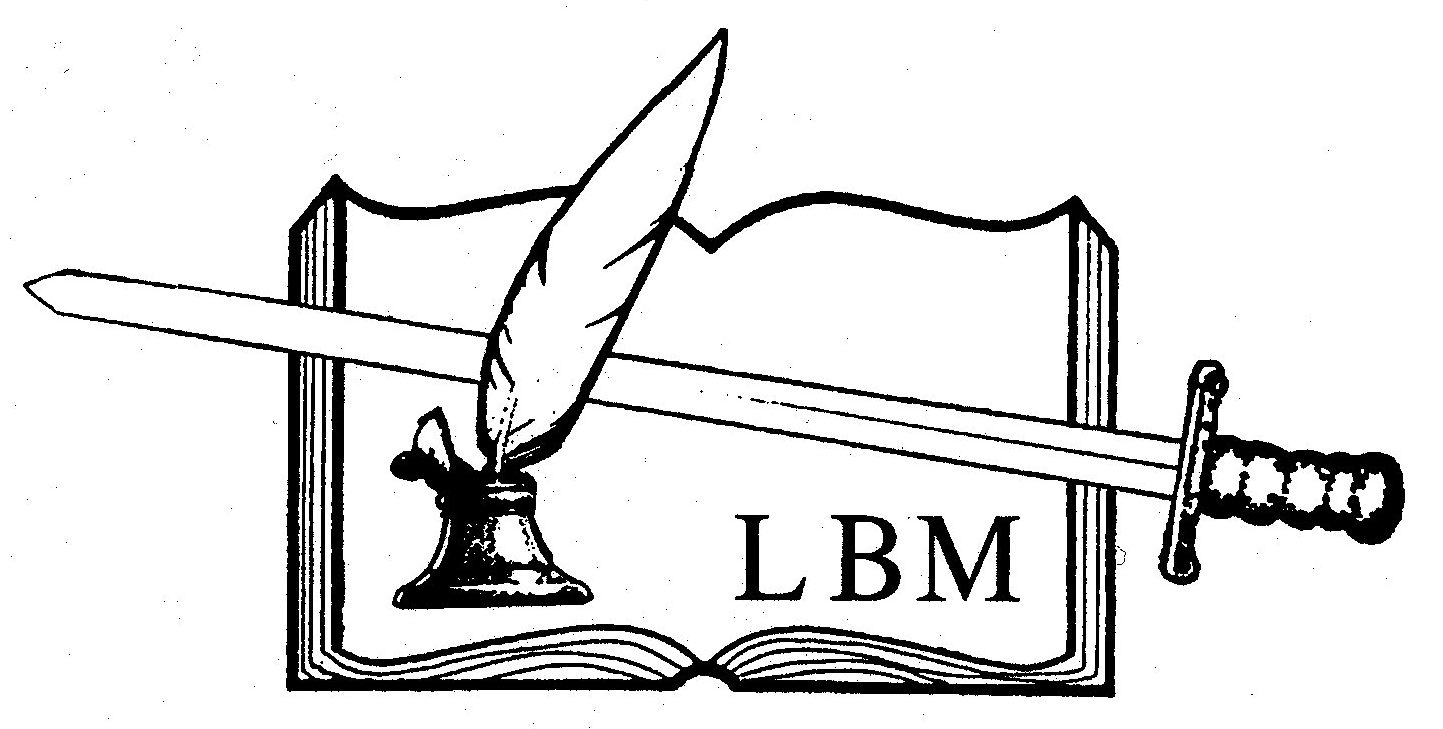Defining a contract is easier than determining if circumstances constitute proof of one. A contract is an agreement made voluntarily by two or more parties intending to create a legal obligation(s) and paying consideration. They are often in writing, though many are oral. In deciding that there was no contract defining the right to a bonus for a former CIO, the Federal District Court of Massachusetts this July 2012 reviewed contract law. Cooper v. Kenexa Technology, Inc. (USDC) (Civil Action No. 10-12189-DJC) (July 19, 2012). To prevail on a breach of contract claim under Massachusetts law, a party must prove three elements : 1) the existence of a valid and binding contract, 2) that the defendant breached the contract, and 3) that the plaintiff has suffered damages. Pizzeria Uno Corp. V. Pizza by Pubs, Inc., (cite omitted) (D. Mass. Sept. 9, 2011) (citing Coll v. PB Diagnostic Sys., Inc., 50 F.3d 1115, 1122 (1st Cir. 1995)).
In the Kenexa Technology case, as to the first element above i.e., whether there is a contract – all the essential terms of a contract must be definite and certain so the intention of the parties may be determined, and the nature and extent of their obligations and their rights be decided. PSMG Int’l, Inc. v. Nodine’s Smokehouse, Inc.., (cite omitted) (D. Mass. Nov. 3, 2009) (quoting Cygan v. Megathlin, 326 Mass. 732, 733-34 (1951)). The issue of “[w]hether an alleged contract is legally enforceable in light of indefinite terms is a question of law for the court.” Id. at 78. In PSMG, the letter at issue did not mention the duration [of the contract], the parties’ obligations, or the amount or nature of any commissions to be paid. Cooper could not prove the definite terms of an agreement with Kenexa for a bonus in future years.
On the other hand, in Lafayette Place Assocs. v. Boston Redevelopment Auth., 427 Mass. 509 (1998), the Supreme Judicial Court said, regarding a purchase contract, that it was not unenforceable where the parties’ written option contract included a specified formula and procedure to determine the future price to be paid. This was so even as the contract price was still undetermined. The contract left open other terms such as the exact size of the parcel of land to be purchased.
In another line of cases, sometimes employee handbooks have been found to create implied or actual contractual provisions even though they contain language disclaiming or deny any intent to contract. In Ortega v. Wakefield Thermal Solutions, Inc., 20 Mass. L. Rptr. 337 (MA 1/5/2006) the court noted the following: “The principle that promises made in a personnel manual may be binding on an employer is accepted in a clear majority of American jurisdictions […] The idea that an employer may ignore promises made in a personnel manual is in increasing disfavor in this country.” O’Brien v. New England Telephone & Telephone Co., 422 Mass. 686, 691 (1996). The key is whether in the context of the manual’s preparation, distribution, and its specific provisions, it would be reasonable for employees to regard the manual as a legally enforceable commitment about the terms of employment. O’Brien, 422 Mass. at 694; Weber v. Teamwork Inc., 434 Mass. 761, 779-80 (2001).
Whether an employment contract exists is easy to determine when there is a clear and unambiguous written contract. Typically we advise high level executives, scientists, and other managers whose services are in demand and who need the protection that contracts offer, including a severance agreement and other perks and benefit packages. We advise companies in employing such personnel to consult employment law attorney, like myself, when there is a need for Non- Disclosure, Confidentiality – Trade Secret, Work for Hire, and Non- Compete Provisions, and/or Stock Options.
The remedy for breach of contract is often “damages” or payment of money. However, it can also be the specific performance of the contract, i.e. an order to perform. Both of these remedies award the party damaged the “benefit of the bargain” or expectation damages, which are greater than reliance damages, awarded in promissory estoppel cases.
